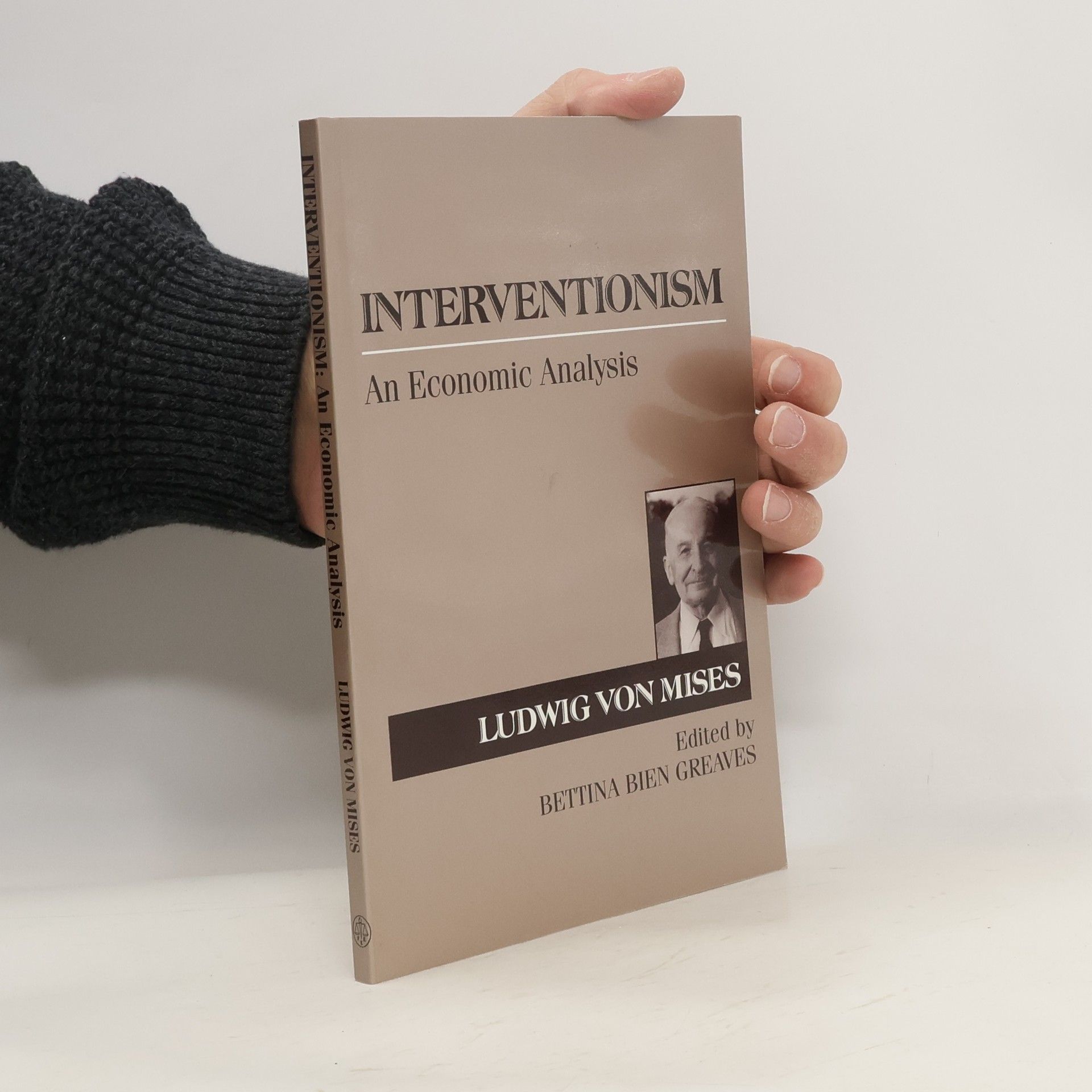Liberalismus
- 224 Seiten
- 8 Lesestunden
In einer Zeit, in der Europa den Glauben an Freiheit und Demokratie verloren hatte, gehörte der österreichische Ökonom Ludwig von Mises (1881-1973) zu den wenigen Intellektuellen, die das Ideal des Liberalismus entschieden verteidigten. Sein Buch Liberalismus aus dem Jahre 1927 ist ein umfassendes Plädoyer für eine freiheitliche Wirtschafts- und Gesellschaftsordnung, in dem Mises, der vor den Nazis ins amerikanische Exil fliehen mußte, vor allem die kaum wahrnehmbaren Bedrohungen aufzeigt, die sich aus der allmählichen Ausweitung jedweder Staatstätigkeit ergeben. Die Friedrich-Naumann-Stiftung hat sich entschlossen, mit dem Nachdruck der Originalausgabe dieses Buches einen zu Unrecht vergessenen Klassiker wieder zugänglich zu machen. Die Ausgabe wurde mit einer neuen Einführung von Hans-Hermann Hoppe versehen.

